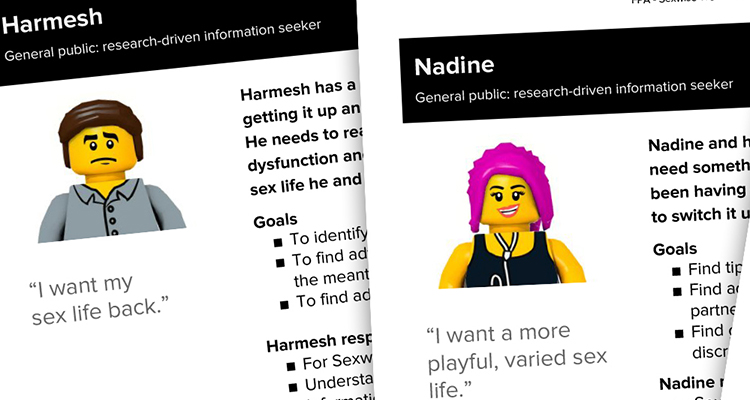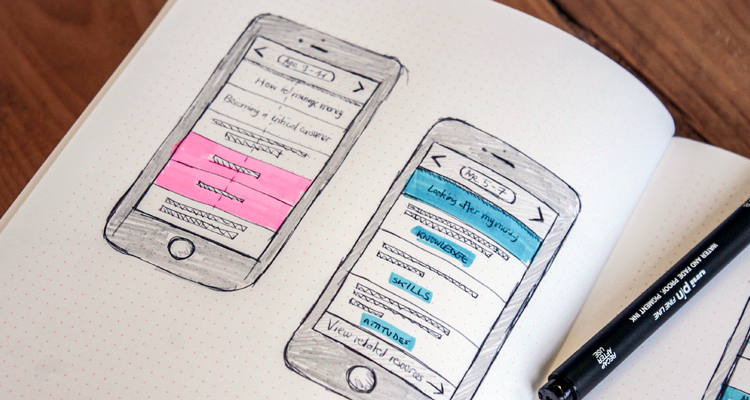Charity
New Code of Practice to guide charities through digital maze
The new Charity Digital Code of Practice has launched this week, following extensive consultations with charities, in an initiative co-funded by The Co-op Foundation and the Lloyds Bank Foundation. We take a look at what it means for charity organisations, large and small.

Only 48% of UK charities are equipped with a full set of the basic digital skills they need*. Studies also suggest that digitally competent charities are likelier to receive bigger donations.
The Charity Digital Code of Practice, which was relaunched this week, aims to solve this problem. The Code offers an aspirational framework for best practice that charities can work towards.
In creating the Code, early research and testing involved users from more than 30 organisations, representing a range of causes. Then to ensure the needs of all charities were heard, consultations were conducted from July to September, with charities and other interested parties invited to join the conversation. The findings from this research assisted in moulding the concept behind this digital guidelines initiative, into the latest version of the Code.
Here’s our summary of the Charity Digital Code of Practice:
The Seven Principles
1. Leadership
- Charity leaders should own and drive their organisations in adopting digital technology, and make sure their staff are supported in seeking innovative solutions.
2. User Led
- Allow your digital adoption to be driven by user need. Use data to inform your understanding of the charity’s audiences, and map your typical user personas and user journeys.
- Become familiar with the ways your audiences are already using digital technology and evolve with their changing needs.
- Be inclusive of different accessibility needs – follow W3C guidance and offer alternative offline options where necessary.

3. Culture
- Use a strong vision for digital increasing your impact to provide the motivation you need to drive change.
- Embed digital as part of your culture across the whole organisation, and develop the right mindset to drive innovation.
- Encourage people to open up about their skills gaps and support them to develop and learn.
- Take small steps and learn as you go. Start small, Test and Learn.
- Encourage people to challenge the established ways of working.
-
Embrace digital to facilitate collaboration, both internally and externally.
4. Strategy
- Be ambitious, and think creatively about how digital can increase your charity’s impact and sustainability.
- Be clear about your vision, as this will help you to invest time and resources more effectively.
- Embed digital in charity’s goals, and in separate functional strategies where applicable (e.g. fundraising).
5. Skills
- Digital shouldn’t exist in a silo. Ensure that you have digital skills at all levels of your organisation.
- Identify the skills gaps within your team, and develop both hard and soft digital skills.
- For those team members with strong digital skills, encourage their development to stretch them further and drive innovation.
- Remember digital success is as much about having the right mindset as it is about having the skillset.
6. Managing Risks and Ethics
- Make sure you understand the risks involved in your digital initiatives, especially with regard to data management implications, cyber security and managing reputation through social media.
- Be mindful of how some digital issues fit with your organisation’s values and ethics.

7. Adaptability
- In the rapidly evolving digital landscape, charities will need to adapt to survive and thrive. Monitor emerging digital trends and take an Agile approach.
- Test and learn – ‘Fail Fast, Fail Forward’. A rapid prototyping approach can be invaluable here.
- Capture data at every interaction where it’s possible, but only as much as you can genuinely make use of, and without impeding your user’s journey.
Help for charities, large or small
35% of smaller charities believe they would benefit from a stronger online presence, according to a recent Co-op survey#. The Code has been created to help these small organisations in particular, who often lack the relevant skill sets to capitalise on the opportunities presented by digital.
Equally, larger organisations may lack the agility of smaller charities to adapt and innovate, due to the complexity of their internal structures, existing processes or legacy systems. Hence the Code also looks specifically at how larger charities can adopt digital, and embed the right mindset as part of their culture.
The Code really demonstrates how charities can tackle their digital evolution, with a best practice framework around the seven principles, and a host of additional resources to help them on their way. Check out the full details at charitydigitalcode.org.
The Code is a fantastic starting point, and the important thing to remember is that you don’t have to do it alone. Experts like the digital consultants here at IE can guide you through, whether you already have an idea you need help to prototype and develop into something more real, or you’re just starting out in creating your digital strategy. We’re charity digital experts who’ve helped to create impact through digital for the likes of Career Ready, Salvation Army and Young Enterprise, and we can do the same for you!
Give us a call on 0121 693 8700 or email hello@iedigital.co.uk to speak to our Digital Services Director, Ed Wilkinson.
*Lloyds Bank UK Business Digital Index 2017
#Co-op Survey of 1,500 local causes
The Code really demonstrates how charities can tackle their digital evolution, with a best practice framework around the seven principles, and a host of additional resources to help them on their way.
Ed Wilkinson
Digital Services Director, IE Digital



